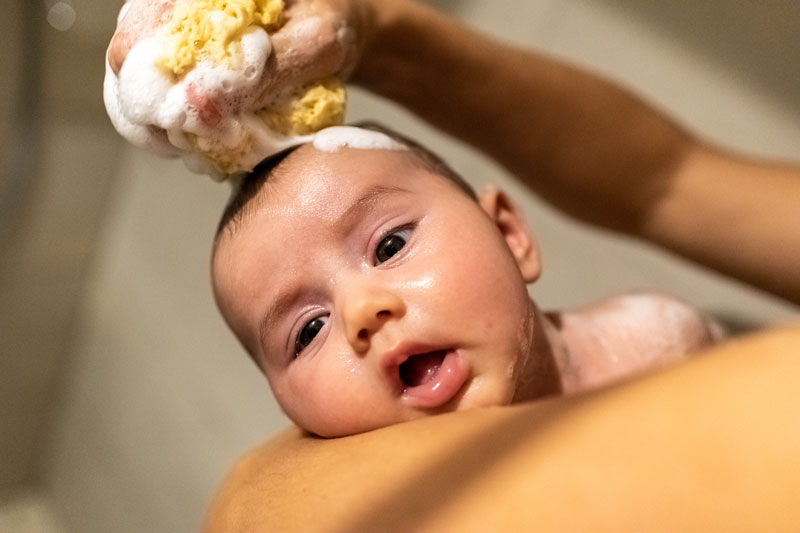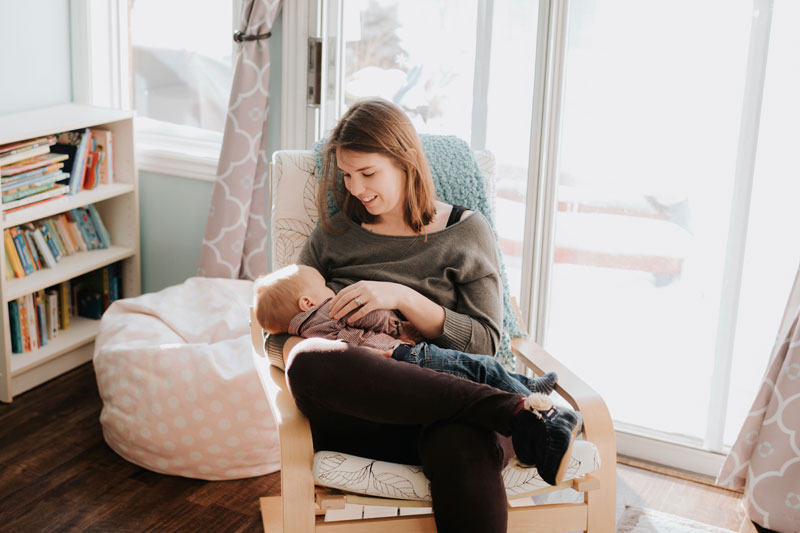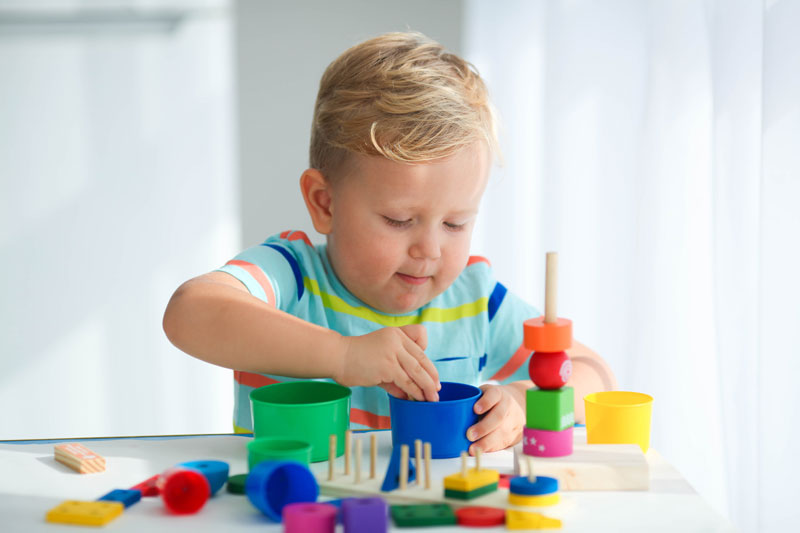How to Set a Good Baby Sleep Routine for Your Newborn

Setting up the best sleep routine for newborn babies is one of the most important yet also challenging parts of early parenthood. As you know, babies sleep a lot, but they don’t always sleep when we want them to.
In reality, their sleep is often unpredictable, fragmented, and closely tied to their frequent feedings. Don’t fret—establishing a gentle, flexible routine can be a great help for both of you, and your baby to feel more secure and rested.
Why a Baby Sleep Routine Matters
Newborns typically sleep for 14 to 17 hours in a 24-hour period, divided into 2- to 4-hour blocks. Although this may seem like a dream, most parents experience fragmented rest. This is because a newborn’s circadian rhythm is still developing, and they also need to eat every two hours—something that’s easier to manage when you’ve been following a pregnancy calendar to anticipate early care routines.
Setting up the best sleep routine for newborn babies means you create a regular rhythm that supports their physical and emotional growth. As the caregiver, a good routine also makes it easier to anticipate your baby’s needs and gives you the confidence to meet them. Additionally, sleep is highly essential for a baby’s brain development, learning, and emotional control.
Best Sleep Routine for Newborns: A Step-by-Step Guide
Although each baby is different, you can still create the ideal sleep schedule for your newborn in a gentle and responsive manner.
1. Observe the cycle of feeding, playing, and sleeping
This approach promotes a cycle in which the infant wakes up, eats, plays for a short period, and then returns to sleep. For example:
- Feed your baby as soon as they wake up.
- Allow your infant to stretch out on a blanket or engage in some gentle interaction, such as cuddling.
- Watch for tired cues, such as eye rubbing or yawning, and you can start lulling your newborn back to sleep.
2. Establish a calming bedtime routine

Predictable pre-sleep cues are beneficial even for newborns. So, before going to bed, you can start a 20-30 minute routine that includes:
- A warm bath
- A light massage
- Soft music or lullabies
- Lights that are dimmed
- Swaddling
If you can start this early, you’ll have a solid foundation for your baby to develop healthy sleeping habits.
3. Watch for sleep cues
Pay attention to your baby’s behavior rather than the clock. So, pay attention to all signs of tiredness, which include staring off, getting fussy, or turning their head away. By paying attention to these signs, you can avoid becoming overtired, which can make it more difficult for your baby to fall asleep.
4. Build a sleep-friendly environment
To support this best sleep routine for newborn, keep your baby’s sleeping area:
- Bright during the day and dark at night
- Filled with white noise or quiet
- Cool but comfortable (20–22°C or 68–72°F)
- Safe (your baby should sleep on their back, without toys or blankets, and on a firm mattress
Common Sleep Disruptors and How to Handle Them
Of course, the sleep routine for your newborn will face some bumps along the way. Being aware of the most common sleep disruptors will enable you to deal with them calmly and effectively.
1. Developmental milestones
A sleep regression occurs when your baby wakes up more frequently as they learn to crawl, roll over, or babble. So, stick to your schedule, offer comfort, and have faith that it will all pass. That’s because once the skill is perfected, your baby’s sleep usually gets better.
2. Teething
Teething discomfort may cause fussier nights, and it usually begins as early as three months. During these moments, stick to bedtime routines as much as possible, while also providing additional calming measures, such as a cool teething toy.
3. Illness
Fevers, colds, or other illnesses will make your baby wake up at night more often. In this case, comfort should be your top priority, and if necessary, seek advice from your pediatrician.
4. Travel or routine changes
New environments, different time zones, or changes in caregivers. Even when you’re travelling, make sure to maintain a regular bedtime routine. Once you get back, make sure to reestablish the sleep patterns.
To wrap up, setting up the best sleep routine for newborn is not always about strict schedules. It’s more about developing consistency, identifying your baby’s cues, as well as providing a secure, soothing sleeping space. So, make sure to stay adaptable and patient—this routine takes time, and setbacks are perfectly normal.
As you navigate these early weeks, sleep is just one of many new things to figure out as new parents. Learning how to give your newborn their first bath is another small but crucial step that can help you grow more confident in caring for your baby.
Share this guide with fellow new parents and tell us your favorite baby bath tricks in the comments section.







